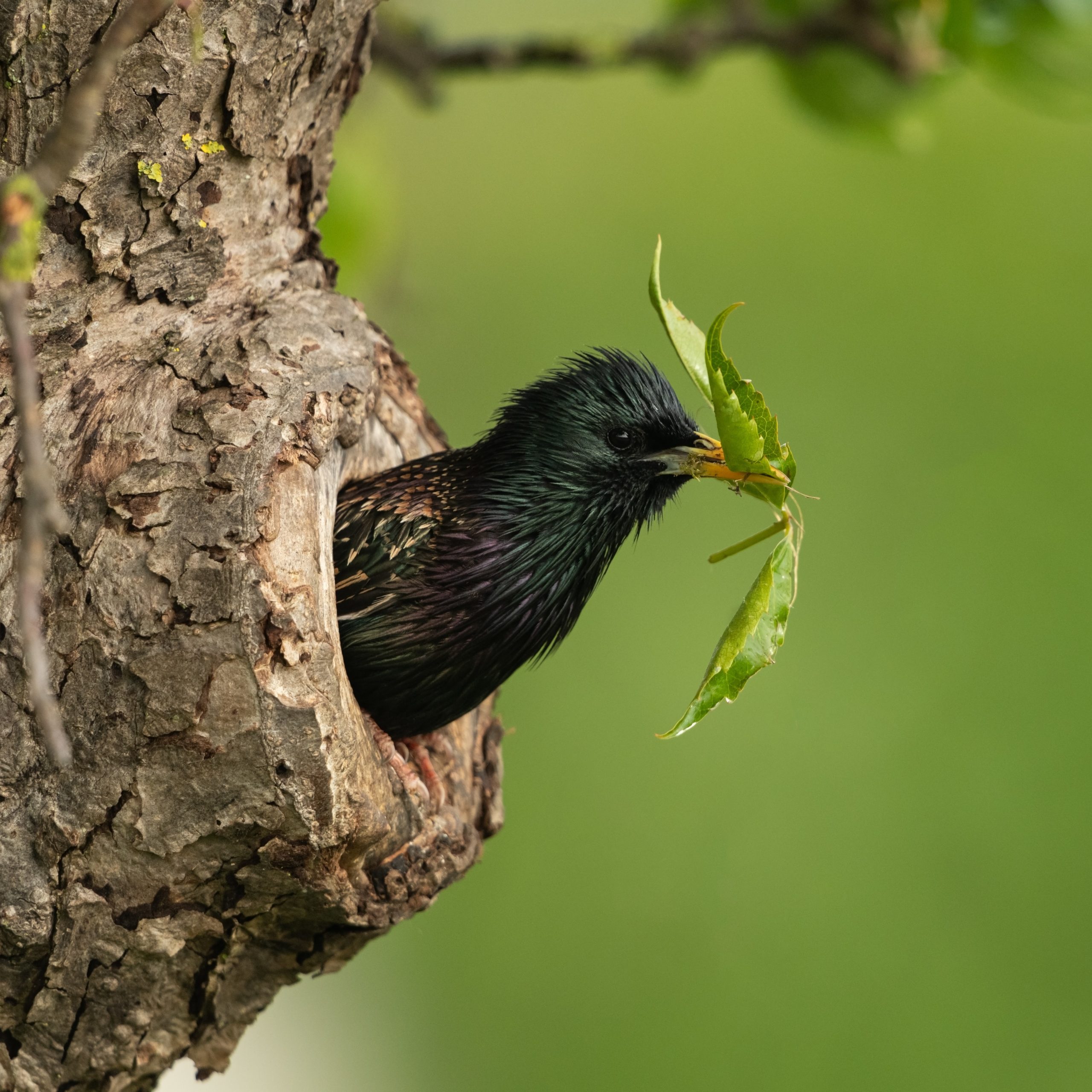
Nesting birds: 59 days away and counting?
Planning for nesting birds
Whilst 2020 has only just begun, the start of the “official” bird nesting season – 1st March – is only 59 days away and counting.
Prior to planning permission, landowners can legally carry out some vegetation management on their land. However they should carefully plan to ensure it is done sustainably and legally.
Badly thought through or implemented, it can severely damage a developer’s reputation and undermine trust with the local community, councillors and planning officers.
Even if its grey and cold outside, it is time to start planning ahead now for nesting birds.
Read how poor advice about nesting birds caused issues in 2019 and our six tips on proactive planning for birds. Contact us now for free initial discussion on how we can assist .
Building trust for planning
Trust is a major factor in making the planning process more positive and less adverserial. When carrying out clearance works or other mitigation for wildlife, not only legal compliance, but building trust with all parties is hugely important.
In 2019 some developers used “bird netting” to prevent birds nesting.
This included North Norfolk District Council using netting for sand martins on Bacton cliffs. The Bacton “bird netting” was an example that fitted the apparent letter of law, but was badly-advised and anaethema to local people and caused a backlash in national press.
https://www.bbc.co.uk/news/uk-england-norfolk-47880571
Similar use of netting to exclude nesting birds in Winterton, Lincolnshire sparked a national protest and petition with over 150 000. The planning application was later unanimously rejected by the planning committee.
CIEEM and the RSPB now strongly advise against using bird netting except in very limited circumstances. CIEEM warn that it can cause “an understandable negative reaction from both the public and from professional ecologists to the real and potential harm that it may cause to wildlife.”
https://cieem.net/cieem-and-rspb-advise-against-netting-on-hedges-and-trees/
https://www.rspb.org.uk/our-work/rspb-news/news/stories/use-of-netting/
You may be under tight deadlines to get started on a project. We can help you to start planning now. Read our six simple tips.
Pro-active planning for birds
If you do need to clear trees or other vegetation to avoid nesting birds, we recommend that you start proactively planning for wildlife now to :
- carry works out as far as possible before 1st of March – outside of nesting season;
- retain hedges and trees for future benefit if you can;
- don’t think of netting as an easy alternative;
- check that other protected species aren’t affected;
- clearly communicate before what you are doing to the local council and community;
- plan for a landscape with new trees and hedges for birds.
Find out how the sight and song of birds can enhance your site by proactively planning for wildlife. Contact us now for a free initial discussion.
